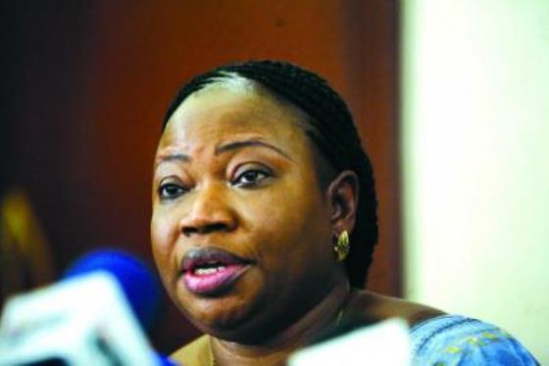×
The Standard e-Paper
Fearless, Trusted News

Kenya has pinned its hopes on the upcoming Assembly of State Parties meeting to fight off the International Criminal Court (ICC) as the case against Deputy President William Ruto enters the penultimate stage.
A quick succession of events at the ICC this week set the stage for a final confrontation between the court, the Kenyan state and individuals accused of various crimes.